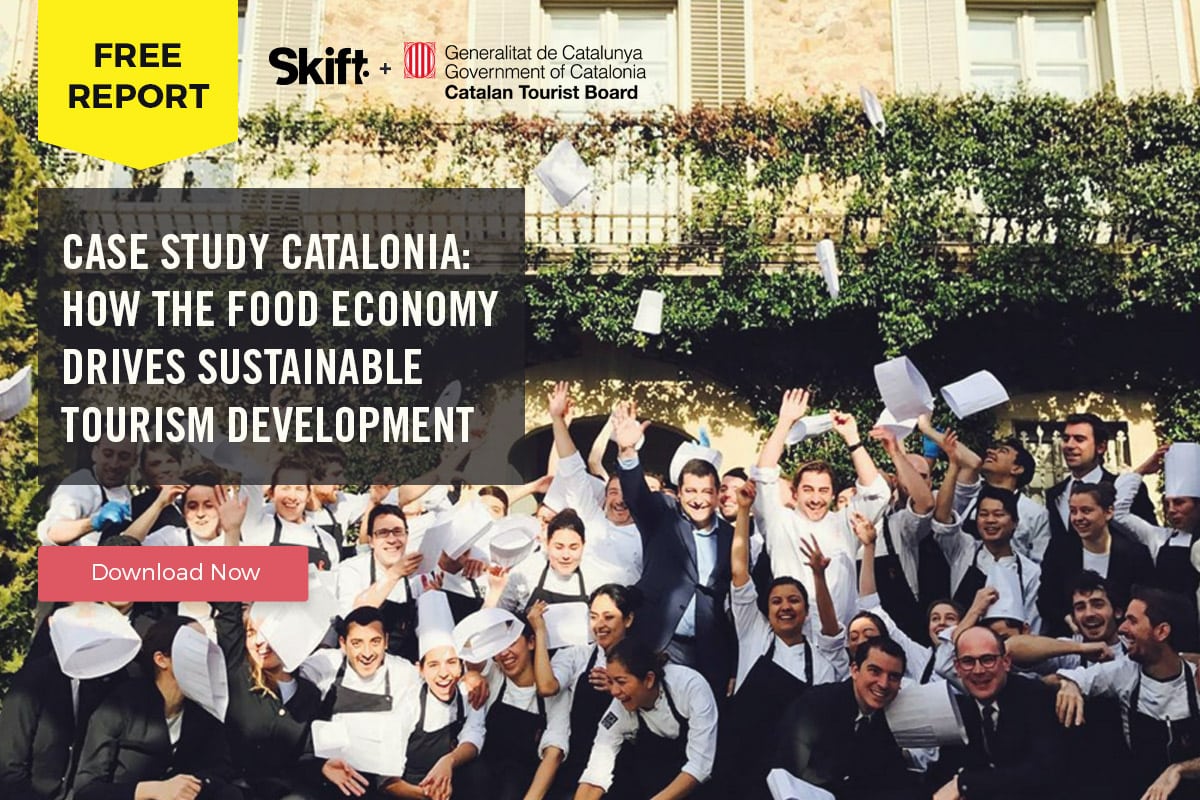By Andrea Shalal
WASHINGTON (Reuters) – The International Monetary Fund will revise its forecast of 2.9% global growth in 2023 next week, its managing director Kristalina Georgieva said on Thursday, citing growing risks of recession and financial instability.
Georgieva said the outlook for the global economy is “darkening” given the shocks caused by the COVID-19 pandemic, Russia’s invasion of Ukraine and weather disasters across all continents, and that it could well get worse.
“We are experiencing a fundamental shift in the global economy, from a world of relative predictability…to a world of greater fragility – greater uncertainty, greater economic volatility, geopolitical confrontations and more frequent natural disasters. and devastating,” she said in a speech at Georgetown University.
Georgieva said the old order, characterized by respect for global rules, low interest rates and low inflation, is giving way to an order in which “any country can be diverted from its path more easily and more often”.
She said all of the world’s largest economies – Europe, China and the United States – were now slowing down, dampening demand for exports from emerging and developing countries, already hit hard by high commodity prices. food and energy.
The IMF would lower its growth forecast for 2023 by 2.9%, its fourth downward revision this year, when it releases its World Economic Outlook next week, she said. The global lender would leave its current forecast for growth of 3.2% in 2022 unchanged, she said, and gave no figures for the new forecast for 2023.
The war in Ukraine and global economic risks will dominate next week’s annual IMF and World Bank meetings in Washington, which will bring together finance ministers and central bankers from around the world.
The IMF estimates that countries representing about a third of the global economy will experience at least two consecutive quarters of contraction this year or next, Georgieva said.
“And, even when growth is positive, it will look like a recession due to falling real incomes and rising prices,” she said.
Overall, the IMF expects global output to shrink by $4 trillion by 2026. That’s roughly the size of the German economy and amounts to a “massive setback”, she added.
WORLD DIVISIONS
Georgieva said dividing the global economy into blocs supporting Russia, opposing it, or “sitting on the bench” after its invasion of Ukraine would end up cutting back big efficiencies and hurting the most. poor.
“We can’t afford for the world to fall apart,” she said. “If we get to a point where we cut off parts of the world from each other, it will be the poor in the rich countries and it will be the poor countries that will bear the biggest impact.”
Uncertainty remains high and further economic shocks are possible, she said, warning that high debt levels and liquidity problems could amplify the rapid and disorderly revaluation of assets in financial markets.
Georgieva said inflation remains stubbornly high, but central banks should continue to respond decisively even as the economy slows.
She told CNBC in an interview that US Federal Reserve Chairman Jerome Powell was following a “very, very narrow” path in setting monetary policy, but the IMF expected interest rates to rise. interest be “somewhere in 4% territory” in 2022 and 2023.
“If it doesn’t tighten enough, inflation may unanchor. If it tightens too much, there could be a recession. So Jay Powell is doing his best to monitor the metrics of the economy to calibrate this he’s doing, and I’m confident he’ll do the right thing,” she said.
Fiscal measures adopted in response to high energy prices must be targeted and temporary, she said in her speech.
“In other words, while monetary policy is holding back, you shouldn’t have fiscal policy stepping on the accelerator. That would make driving very difficult and dangerous.”
Britain this week canceled plans to cut taxes for the wealthiest that had sparked market turmoil and a sharp rebuke from the IMF, which warned that the country’s financial plans risked increasing inequality and would go against the tightening of monetary policy.
Asked on CNBC about the IMF’s criticism of UK policy, Georgieva said: ‘That’s a message we’re sending to everyone.’
Georgieva called for increased support for emerging markets and developing countries, noting that high interest rates in advanced economies and the strength of the dollar had triggered capital outflows. The probability of portfolio exits had increased to 40%.
She also called on China and private creditors – who hold the lion’s share of global debt – to address the risk of a deepening debt crisis in emerging markets.
(Reporting by Andrea Shalal; Additional reporting by David Lawder and Tim Ahmann; Editing by Richard Pullin and Andrea Ricci)












